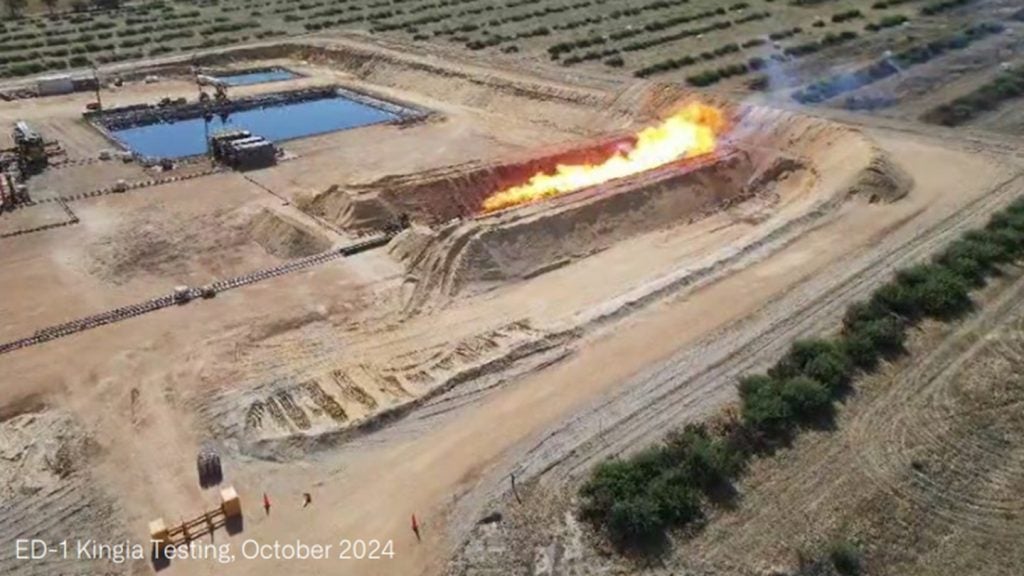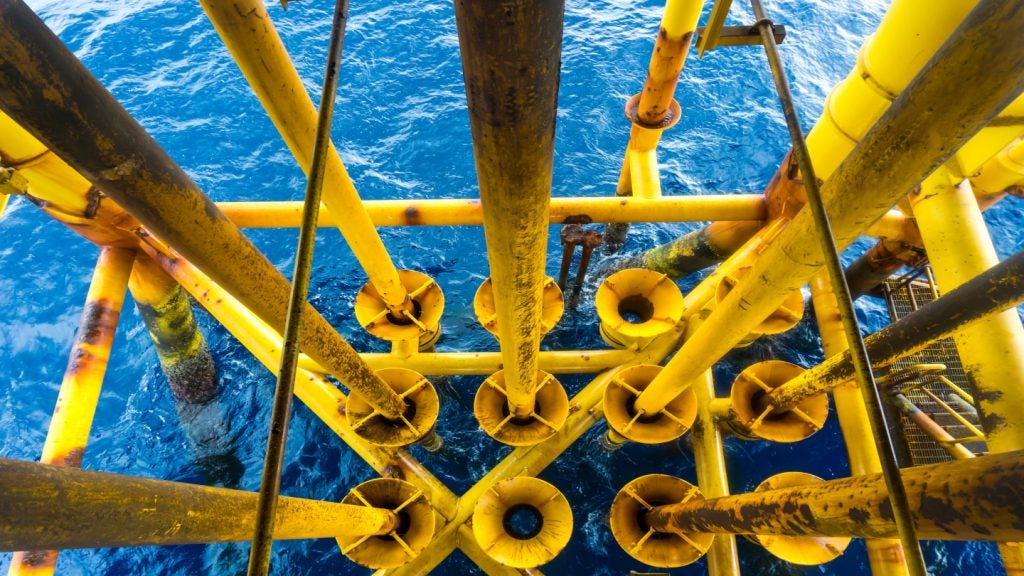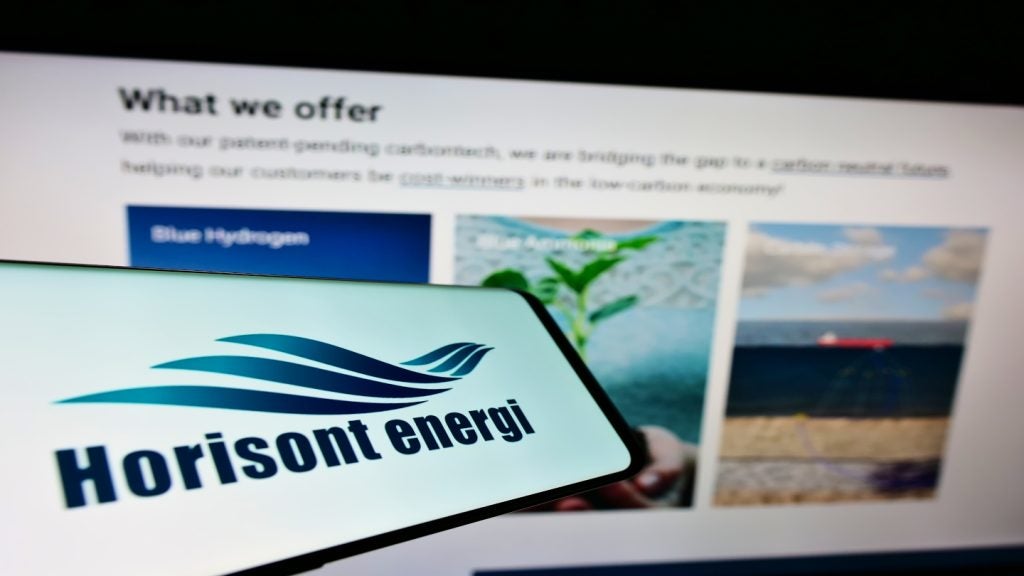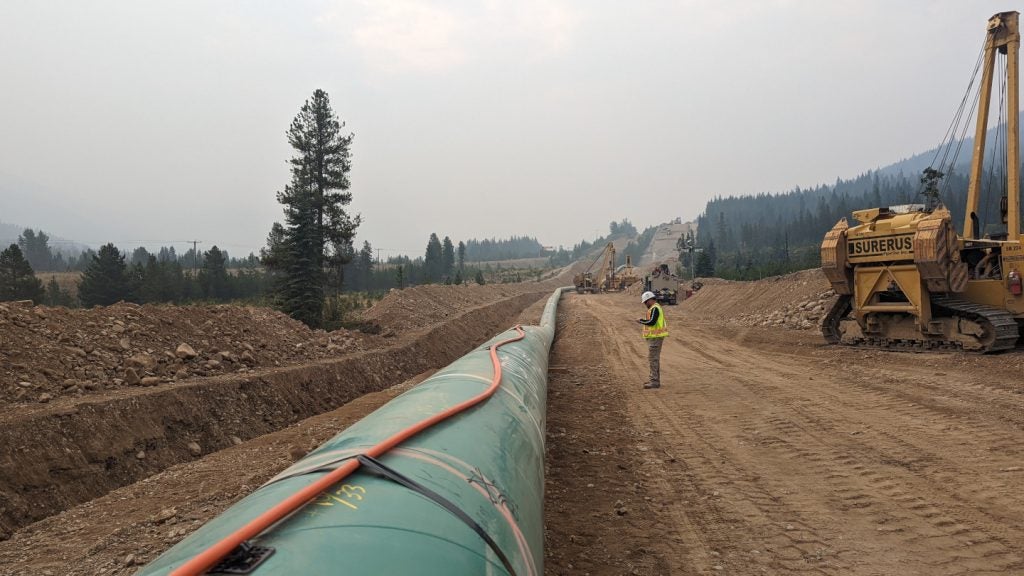

Oil offshore of the UK continental shelf (UKCS) is a large contributor to the country’s economy, paying £2.2bn in corporate taxes in 2014-2015. However, underlying issues within the industry have been brought to light by unprecedented low oil prices, causing the plummeting profits. The situation has forced the government to sit up and take notice especially with big names such as Shell announcing their withdrawal from the area, and BP saying it will cut one in five UKCS jobs this year.
This is part of an ongoing trend in the UKCS industry. Oil & Gas UK released figures in September 2015 stating that the number of jobs had fallen from 440,000 to 375,000 in one year. This correlates with a sharp decrease in the number of operational rigs in the area, down from 57 to 27, according to the Financial Times. Tax income for the UK Government is also falling as, between 2013-2014 and 2014-2015, total revenues fell by 54% from £4.7bn to £2.1bn. First Minister of Scotland Nicola Sturgeon reacting to the BP job losses said: "This is a very difficult time indeed for people working in the North Sea."
In contrast, the UK motor manufacturing industry is going from strength to strength. A phoenix which rose from the ashes of Rover’s decline and the financial crash, the industry has remodelled itself to become a bastion of high-end quality and efficiency with a booming export capability. It has become a source of pride for our manufacturing sector; in 2014 it contributed £12bn to the economy, built over 1.5 million cars and provided 142,000 jobs. So what can the ailing offshore industry learn from the recovery of the UK’s motor industry?
The UK’s offshore potential is still huge. It has produced 40 billion barrels since the first well was drilled in 1964, and has approximately 20 billion barrels of recoverable oil left. The challenge is to keep the industry going long enough to benefit from a rise in oil prices.
Issues with investment
According to Oil & Gas UK, only £1bn of fresh capital will be sanctioned this year, compared with an average of £8bn a year for the last five years. This lack of investment is alarming, but understandable. Why invest capital when oil prices are so low?
How well do you really know your competitors?
Access the most comprehensive Company Profiles on the market, powered by GlobalData. Save hours of research. Gain competitive edge.

Thank you!
Your download email will arrive shortly
Not ready to buy yet? Download a free sample
We are confident about the unique quality of our Company Profiles. However, we want you to make the most beneficial decision for your business, so we offer a free sample that you can download by submitting the below form
By GlobalDataAfter the decline of Rover, which was eventually bought by a Chinese company in 2005 and all equipment shipped back to China, resulting in huge job losses and the demise of a household name in the UK, it was feared that Jaguar Land Rover (JLR) was destined for the same fate. Bought by Indian firm Tata in 2008 for £1.15bn, the parent company immediately set to work investing in designing new models. Since then JLR has developed a reputation for research and development, most recently committing £450m to the expansion of its engine manufacturing centre in Staffordshire, which will produce its first in-house engine manufacturing in a generation.
International investment is not the bogey man it is made out to be. Larger investors can be more willing to try new methods, fund research and roll out new technology, if handled correctly. The Tata deal for JLR took months to arrange, as the sellers sought assurances the company and its employees would be safe from break-up and sale of the business, or moving elements abroad.
Jaguar Land Rover CEO Dr Ralf Speth said: "We are proud to be such a significant investor in advanced manufacturing in Britain and are excited by this expansion and the new jobs it will create."
JLR isn’t the only one. Honda has also announced a £200m investment to move production of the Honda Civic to the UK, and Aston Martin looks set to help some of the workers left jobless by the closure of the Tata steel works in Port Talbot by offering 750 positions at its new plant in St Athan, Wales.
Outside investment can also help the rate of exploration, which is at an all-time low. The Oil & Gas UK 2016 activities survey found that only 13 exploration and 13 appraisal wells were drilled in 2015. Less exploration means less gas and oil production. But how can investment be encouraged while the return on production is so low?
This realisation is starting to dawn on industry bodies following the Wood Review, a review of UK offshore oil and gas recovery commissioned in 2013 by Ed Davey MP Secretary of State for Energy and Climate Change. The review gave a suite of recommendations, one of which was encouraging outside investment into the sector.
UK Trade & Investment (UKTI) formed the Oil & Gas team in 2015 in response to the Wood Review recommendations, signalling a renewed government commitment to the sector. UKTI says: "The Oil & Gas team is playing a key role in attracting the estimated £250bn investment required by the UK oil and gas sector."
One such investment is the commitment from China National Offshore Oil Corporation (CNOOC) to invest in the UKCS over the next ten years. In 2014 the company invested more than £200m in the area, operating through Nexen, one of its subsidiaries. It is part owner and operator of the Golden Eagle field, the second biggest in the UKCS. Its investment in the area has led to the previously stranded Solitaire discovery being brought online in 2015 as a tieback to the infrastructure at Golden Eagle.
Efficiency and innovation: the key to reducing costs
It’s not just a cash injection the industry needs. It also needs to look long and hard at what it does with its money. "UKCS is now the most expensive province in which to operate," stated Oil & Gas UK in its efficiency recommendations published last year. "The basin is spending more than it earns. It had significant cost challenges when oil was at $110 per barrel, but with the oil price collapse the scale of the issue has escalated."
This sentiment is echoed by the Commercial Director of Magma Global, Charles Tavener, who thinks innovation is key to recovery. "At $110 per barrel, who needed to innovate?" he says. "People innovate when there are razor thin margins. The UKCS is tough, but we need to adopt new technologies and practices, like carbon fibre in place of steel, and to export how we work to the rest of the world."
According to the 2016 activity survey, costs have fallen by 30%. However there is a practice widely adopted from the motor industry, brought to the UK by Japanese firm Toyota. Toyota calls it "a production system which is steeped in the philosophy of ‘the complete elimination of all waste’ imbuing all aspects of production in pursuit of the most efficient methods".
It is not a ‘quick win’, rather a slow and deliberate step back from everyday activities to assess every element of a company’s processes to eliminate waste. The idea was widely adopted in the UK car manufacturing sector in the 2000s, and has since been picked up by other sectors across the world.
McKinsey & Company raised the idea of using lean practices in offshore oil and gas early last year. It claims a collection of small changes have been proven to provide at least a 5% to 10% reduction in total well delivery costs. A report by Anders Brun, Guus Aerts and Marte Jerkø for McKinsey released in 2015 stated: "Applying a normal lean toolkit to prevent rework, reduce waiting time, eliminate contingencies and enable processes to be executed in parallel instead of in sequence can cut non-productive time in half."
The importance of saving time, and therefore money cannot be overstated in the battle to keep UKCS afloat. Oil & Gas UK figures estimated that 20% of production was making a loss at the rate of $50pb in 2014. This loss equates to over £4bn annually across the basin.
Developing and marketing world-class skills
The UKCS offshore sector prides itself on the specialist knowledge and skills its workforce possesses. Capitalising and building on this excellent resource of people and skills is crucial to the industry’s survival. Put brutally by Tavener, "if you don’t invest in skills you are dead in the water."
In this case, the offshore industry, particularly UKCS, can learn from the motor manufacturing industry’s mistakes. In February, the Society of Motor Manufacturers and Traders published data showing 5,000 vacant jobs due to a shortage of skills, a problem the government is attempting to address with the Automotive Industrial Partnership, which runs training programmes and works with the industry to address its skills needs.
Oil & Gas is competing with a plethora of other industries for smart, capable graduates. Offshore wind, solar and key infrastructure projects all pose a risk to the UKCS sector. If companies do not have the correctly skilled staff, projects are delayed, costing time and money.
The pro-active and reactive actions of the UKCS sector on safety are proof enough that companies are capable of learning from their mistakes. By evaluating the root causes for issues in the sector, instead of laying all the blame at the door of low oil prices, it can hope to understand and correct the problems. By taking inspiration from other sectors it could prosper.







